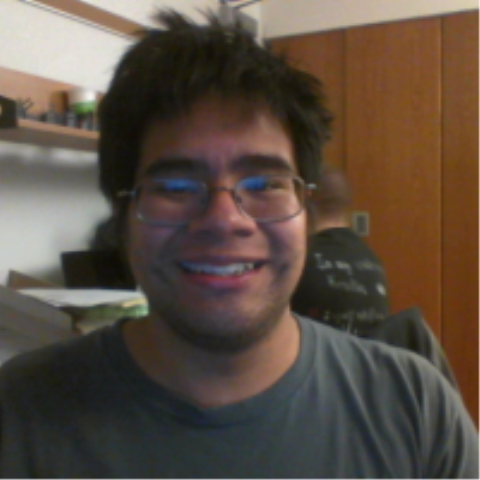Celebration of Scholars
The Spanish Inquisition and Witchcraft
 Name:
Andrew Martin
Name:
Andrew Martin
Major: History
Hometown: Chicago
Faculty Sponsor: Stephen Udry
Other Sponsors:
Type of research: Senior thesis
Abstract
Why was the Spanish Inquisition relatively tolerant to witches and the practice of witchcraft? To answer this question I plan to look at people like Inquisitor Alonso de Salazar Frías, who did not believe that witchcraft was a serious threat to the Catholic faith, in order to understand the approach taken by the Spanish Inquisition. Witch hunts and their trials where a major part of life in medieval world, people were scared and in witch accusations they found a scapegoat for unexplained losses and diseases, in the uneasy times of the Middle Ages. Malleus Maleficarum or The Hammer of Witches, was published in 1486 added to this witch craze but the Inquisition was firmly against it. The use of transcripts from court cases and from the proceedings of the Inquisition will help build this argument. Looking at the well-kept Inquisition records will help as well in the answering of these questions of why the Spanish Inquisition was not as brutal as other organizations in the hunts of witches.
Submit date: March 17, 2014, 1:48 p.m.
